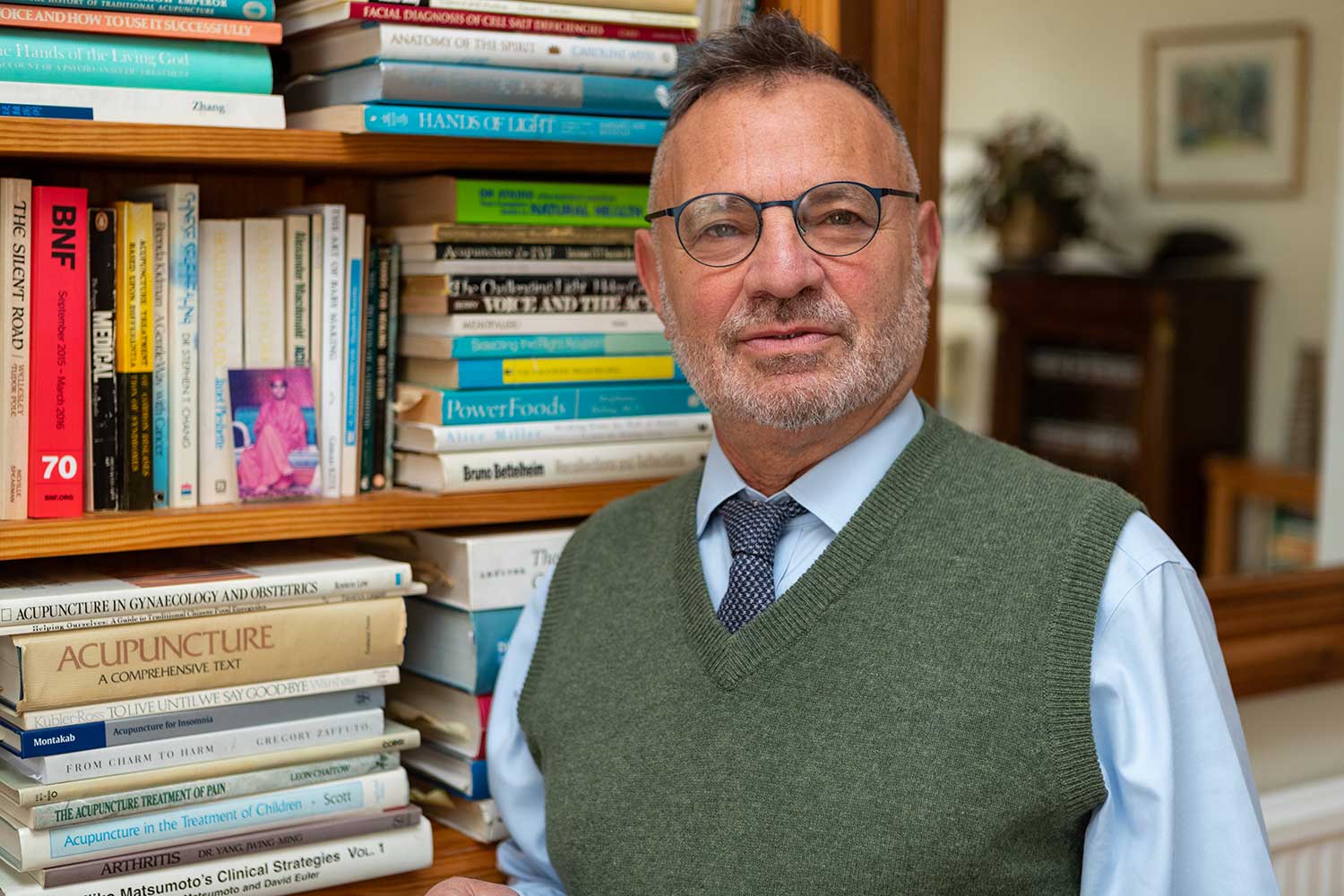
Depression
Depression can affect anyone, irrespective of gender, age or background – and it can seriously interfere with your everyday life, affecting relationships at home, work and play – but women are twice as likely as men to become depressed due to hormonal changes throughout their lives.
In 2008, the World Health Organisation predicted that, by 2020, depression would be second only to chronic heart disease as an international health burden and, ironically, as Covid-19 took hold through 2020, more people than ever before reported mental health issues and depression.
Clinical depression can cause a range of symptoms, from low mood and loss of interest in what were previously enjoyable activities, through anxiety, irritability, low self-esteem, disturbed sleep or appetite, weight change, fatigue and loss of libido, to physical pain and suicidal thoughts.
In Traditional Chinese Medicine, symptoms like depression and anxiety are warning bells that the body’s chi (natural life force) is out of balance. Something else is going on in the body and acupuncture seeks to redress that imbalance, treating the symptoms of depression by helping the body and mind relax, releasing endorphins (the body’s natural painkiller) and reducing inflammation. It will also boost mood and aid sleep.
The combination of acupuncture and talking therapies has been shown to be particularly effective.


